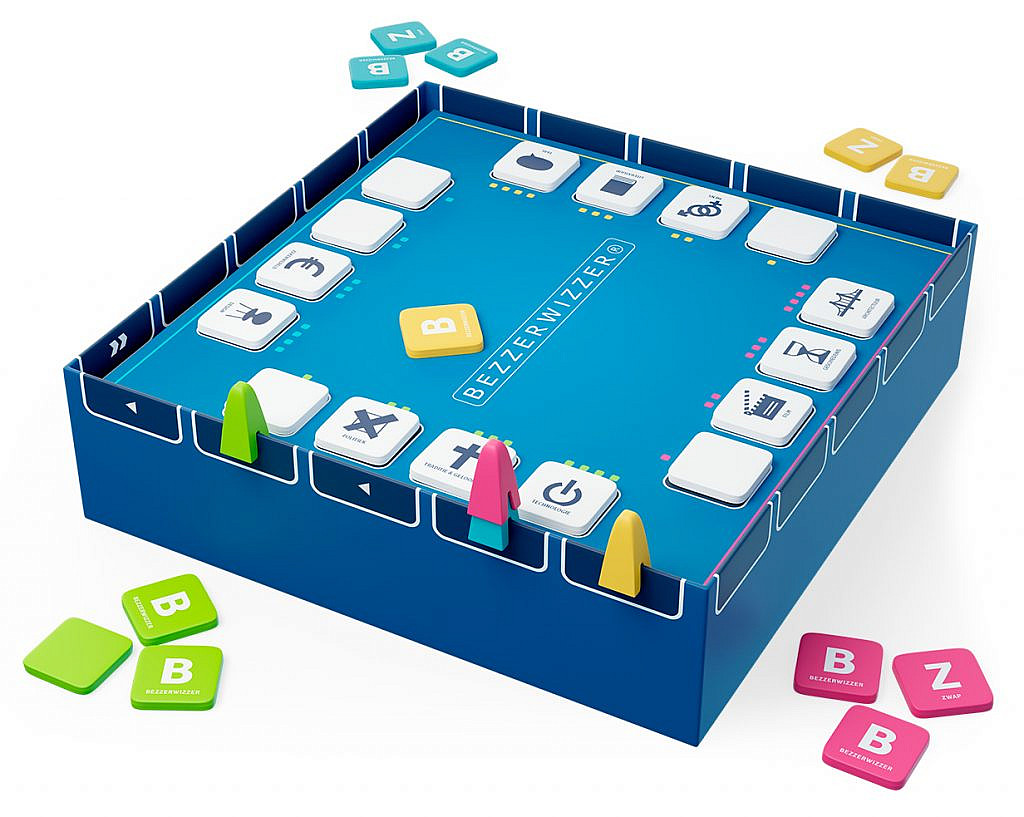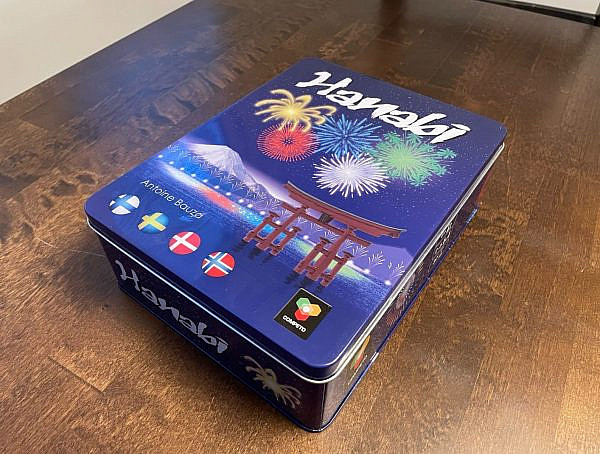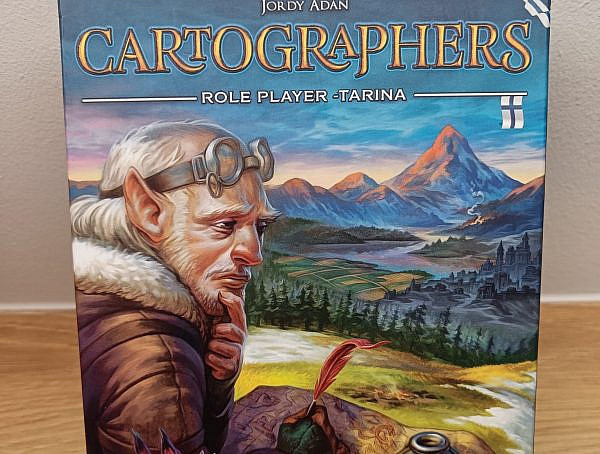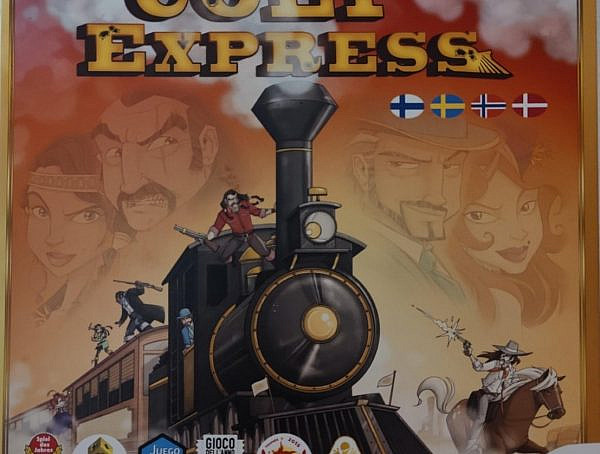Do you like trivia games, but find yourself tired of playing Trivial Pursuit for the umpteenth time? Do you wish there was a trivia game where you didn’t have to get stuck on that one question topic you never know the answers to? The board game Bezzerwizzer might be just the game for you. Designed by Jesper Bülow and manufactured by Bezzerwizzer Nordic, it takes what works in earlier trivia games and improves upon it by introducing an element of strategy into the experience. As the title – a play on the German word “besserwisser”, meaning a know-it-all – suggests, the player who not only is able to give the correct answers to their own questions, but also has the boldness to answer the other players’ questions, comes out on top.
The basic premise of Bezzerwizzer is similar to many other trivia games, and, indeed, most traditional board games at large. There is a board with squares going around it, and the players move pieces on top of it. The game begins at square one, and the players are allowed to move whenever they give correct answers to the questions. The player who has gone around the board and reaches the goal first, wins. So far, simple enough. But the game livens things up with new ideas, one of which is simple, but effective, and two of which are ingenious. Firstly, each player is given four random question topic pieces each round. The player places them on the four spots on the board marked with points from 1 to 4. The player will answer four questions each round, and the questions are determined by the topics on the pieces. The player then places the topic pieces on the spots in their desired order. So, for instance, if a player gets a piece with a topic they know a lot about, they can place it on the spot marked with 4 points; if the player gets the answer to that question right, they get four points and can move four squares on the board. Likewise, if the player has a piece with a topic they know little about, they can place it in the spot marked with 1 point, thus maximizing the chance to get as many points as possible.
Then there are the two other new elements: the “Zwap” and the “Bezzerwizzer”. Get this: by using the Zwap, the player can swap one of their own topic pieces with that of someone else. Therefore, if someone else gets your favorite topic, you still have to chance to answer a question from that topic. You can also swap away an undesired topic. And then there’s the title element, the Bezzerwizzer. With it, the player can choose to answer a question posed to someone else. The original answerer will have the opportunity to give their answer, but if the answer is wrong, the player who has used the Bezzerwizzer gets to give it a try. The gist is, each player has only two Bezzerwizzers and one Zwap per round, so they will need to use them strategically.
All of this breathes new life into the old genre. As icing on the already delicious cake, there are as many as 20 question topics, which gives added variety to the questions. There are the usual topics of history, literature and music, say, but also such narrower ones as “communities”, “architecture” and “business world”. If there’s room for improvement in the concept of the game, it is in the topics; the possibilities are endless, really, and expansion packages with even narrower, and more imaginative, topics are a thrilling prospect. Here’s hoping Bezzerwizzer Nordic will issue some expansions to the game in the future. I don’t want to unfairly compare Bezzerwizzer to Trivial Pursuit, but since it has been the dominating behemoth of trivia games for decades, it seems like the obvious point of comparison. Bezzerwizzer takes the things that work with Trivial Pursuit and does them way better. If you’re looking for an exciting trivia game to play, this is the one to go with.
Basic info:
Designer: Jesper Bülow
Publisher: Bezzerwizzer Nordic
Original release year: 2006
Players: 2-4 teams
Playing time: 45 minutes
Photos: promotional pictures from the website https://bezzerwizzer.dk/bezzerwizzer-original-uk/
You might also like
More from Toys and Gadgets
Build Your Own Car Collection, A Review of Lego Speed Champions Series
Looking for a hobby that won't take your entire time and savings account at the same time? These Lego sets …
The Future of Handheld Gaming? A Review of Playstation Portal
New Playstation handheld gaming device is here, but it’s not following the steps of its predecessors. It is determined to …
The PSVR2 – More like a Blizzard Game than an Indie Title
Cable-bound but capable, comfortable, and accessible, the PSVR2 is a virtual reality (VR) headset that prioritises a smooth experience over …
















